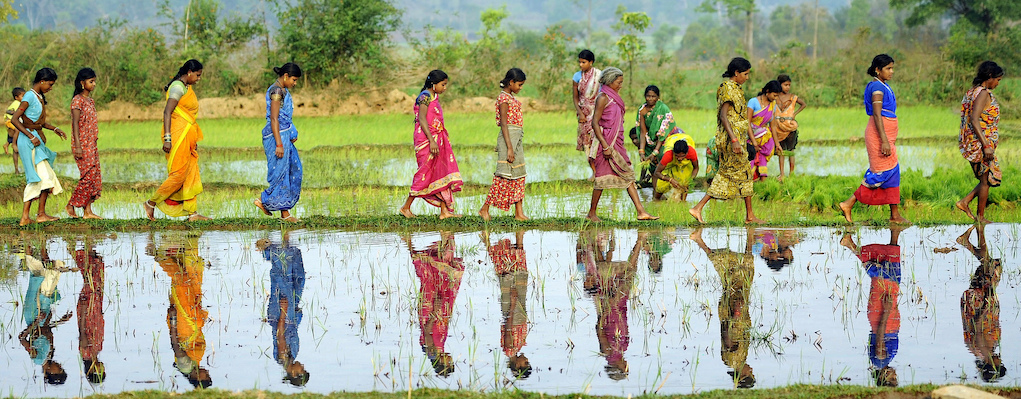
India is the second most populous country in the world, contributing to 17.5% of the global population. In 1951, it became the first country in the developing world to introduce a national family planning program to lower fertility and stabilize population growth. [1]
AFP’s in-country partners are Foundation for Reproductive Health Services – India, Jhpiego, Pathfinder International, and Population Foundation of India.
Foundation for Reproductive Health Services – India, formerly Marie Stopes India, advocates at the national level for the inclusion of improved policies for private provider reimbursement within existing government mechanisms. At the subnational level, they advocate for government and private sector collaboration to improve and increase access to quality family planning services.
Jhpiego works in the states of Assam, Jharkhand, Maharashtra, and Uttar Pradesh to advocate for improved programmatic and policy decisions ensuring access to quality family planning services.
Pathfinder advocates with Indian corporations to include family planning into their corporate social responsibility policies and programs, unlocking a new source of domestic funding for family planning. Pathfinder works in the state of Rajasthan to increase access to family planning counseling, expand contraceptive choices, and ensure providers are adequately trained to provide high quality family planning services.
Population Foundation of India works in Uttar Pradesh and Bihar with state and district governments to improve access to a range of contraceptive methods through counseling and service provision and to strengthen existing facilities to provide quality family planning services.
View India’s Family Planning 2020 commitment.


